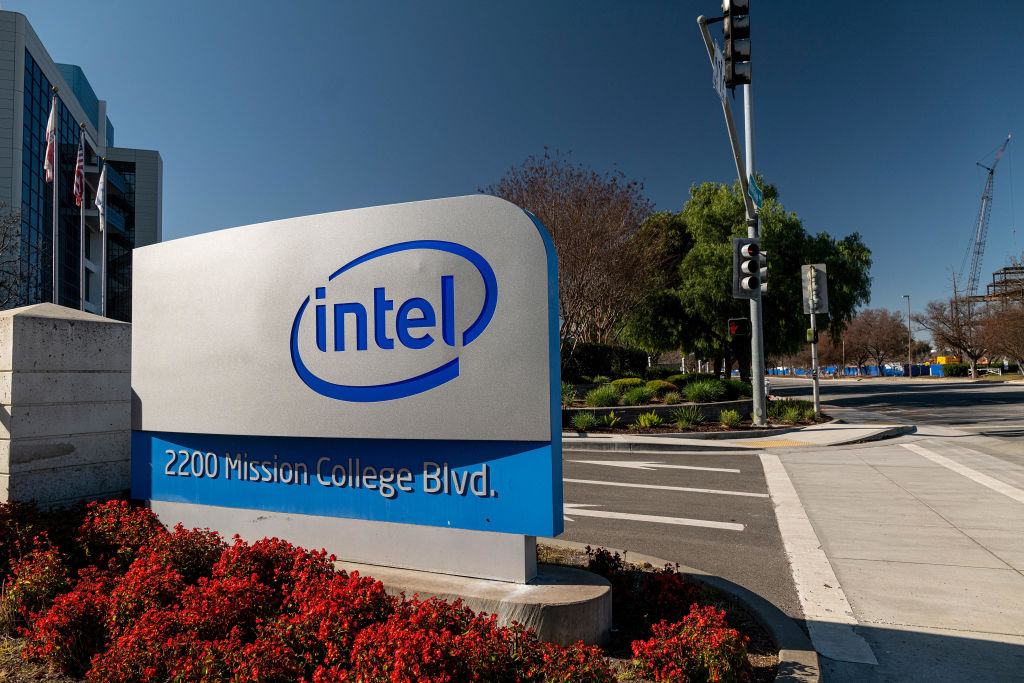By: Jozef de Vries, Chief Product Engineering Officer, EDB
20 years ago this year, the original founders of EDB made two bets; one that more and more people would want to use Postgres, and another that more and more people would want to stop using Oracle.
These bets have generally paid off. Postgres has skyrocketed in popularity over the years, and EDB’s sustained focus in Oracle compatibility, regular and significant contributions to the PostgreSQL community project, and the development of database tooling to run Postgres at enterprise scale have made it possible for the company to experience continuous growth.
Through the 20 years that EDB has been around, or the nearly 30 that Postgres as a technology has been around, the industry has gone through some notable changes, and through it all, users return (or turn) to just use Postgres to tackle their most complex data challenges.
Postgres’ popularity is a win, but it’s not a finish line. It’s a catalyst for EDB to continue innovating, experimenting, and raising the bar for what’s possible with Postgres.
Now we’re making a new bet, and in this bet, EDB is focused on solving three new problems.
- Proliferation of systems and users: Decades of disparate data systems, technologies, geographies, and increase in users have created a fragmented landscape that’s increasingly hard to manage.
- Fragmented data systems leave value on the table: That same massive data estate holds immense potential for insights, but given the significant administrative overhead and complexity of these data estates that value is not being realized.
- Users still have to work too hard to perform their job: The advent of AI has shown the potential to make it easier to both perform tasks and build solutions for customers. Not realizing the value puts any company at risk faster than you can say dot-com.
So what is this next big bet?
EDB is transforming from a Postgres database company to a Postgres Data and AI Platform company. This expansion enables the company to build upon our transactional workload expertise and deliver capabilities that meet customers’ evolving needs in data analysis and intelligence generation. Developers love to use Postgres, and EDB is enabling them to stay in the Postgres ecosystem as their use cases expand.
EDB is making this possible with EDB Postgres® AI.
EDB Postgres AI: An Intelligent Platform for Transactional, Analytical and AI Workloads
Foundationally and fundamentally EDB is still focused on transactional workloads. It has to. Transactional data represents the digital footprint of our lived experiences and interactions within our society. Gaining insight into user interactions with digital systems requires analyzing the data created through those interactions. Providing technologies that aid in developing knowledge, creating solutions, and augmenting daily life challenges involves training models with data that represents the various ways society interacts with itself, both positively and negatively.
At its core, EDB will continue to be a company that builds Postgres, tooling to run Postgres at enterprise scale, and now also a company that builds a Postgres ecosystem that enables value across all the ways that our customers and their users seek to gain value out of their data.
Let’s get into how we’re starting to solve those three problems mentioned above.
1. Data estate management and intelligent observability wherever you run Postgres.
EDB Postgres AI sets out to begin solving this by providing an estate management platform that aggregates representation across self-managed, cloud-hosted, and third-party Postgres systems. Administrators can view key health metrics, engage with system owners to address issues, and access metadata like type, version, and region to ensure compliance.
Looking ahead, we plan to introduce support for non-Postgres database systems, provide capabilities for lifecycle management, and point to point migration to name a few capabilities.
Image: EDB Postgres AI login view
2. Run rapid analytics inside Postgres – without sacrificing performance.
A couple of years ago, EDB surveyed customers and found that approximately 60% were deploying some portion of their Postgres subscription for analytical use cases. Despite the running view that Postgres is not optimized for analytics, which really it is not, this survey more indicated that our customers were willing to make compromises in performance and scale to bring analytics closer to their transactional systems, and to execute those analytical use cases through a Postgres interface.
We are removing that compromise. The EDB Postgres AI Lakehouse capabilities enable our customers to run their analytical workload through the standard Postgres interface while a) not impacting their operational workloads, and b) achieving greater performance and scale than in a traditional Postgres system.
In its first iteration, we are already benchmarking our Lakehouse at 30x faster on average for analytical queries, 5x smaller on disk tables, 18x more cost effective on storage than a traditional Postgres system.
Looking ahead, our ultimate goal is to enable analytical workloads directly on the Postgres clusters themselves and provide a more near-real time analytical experience through an HTAP style architecture. More to come on this in the near future.
Image: EDB Postgres AI overview
3. Realize the near-infinite potential of Postgres with AI.
With the recent boom around AI, there is a meaningful opportunity for EDB to enhance our customer’s data management experiences with AI. Our strategy on this front is two prong – we want to bring AI to Postgres, and bring Postgres to AI.
On the former, migrating databases is hard. With EDB Postgres AI, we’re continuing our commitment to help customers break free of legacy systems by releasing an AI-driven migration co-pilot. The co-pilot is trained on EDB’s vast knowledge base and decades of experience to help users quickly understand and address any incompatibility issues they encounter as they migrate off their Oracle systems.
On the latter, our investment here is to make it possible to build AI applications directly with Postgres. Much like what we saw with the noSQL wave, the introduction of vector database technology is requiring developers to leave their Postgres ecosystem to build AI applications. This is effectively a new wave of ‘data system proliferation’.
The first step is to provide support for pgvector, which enables users to store, retrieve, and query vector embeddings – the backbone for similarity search and classification of AI data. In addition is a tech preview for a Postgres extension we refer to as pgai. This extension enables applications to interact directly with AI data, abstracting the complexities of vector embeddings, and extends capabilities for data preparation, LLM-based data generation, support for storing AI data in Postgres tables, and real time AI data retrieval through automatic vector embedding and indexing management. Finally, the solution also leverages our Lakehouse capabilities to store and process large volumes of AI data on Object Storage.
Conclusion
Ultimately, EDB is making transformative investments in our product capabilities that empower our customers to tackle enterprise-scale data challenges. By harnessing the power of Postgres, we aim to extend its value across the data landscape, ensuring its future as the leading data management platform in the industry.
To learn more about how EDB Postgres AI can transform your data strategy, visit www.enterprisedb.com.





























